Optimal Timing for Fascia Repair
Fascia repair service is most effective when performed promptly after fascia damage or injury is identified. Early intervention can prevent the progression of issues such as pain, restricted movement, or further tissue deterioration. Scheduling repairs during periods of minimal physical activity can also facilitate better healing and recovery.
The best time for fascia repair is soon after injury detection, ideally within the first few days to weeks. Delaying repair may lead to scar tissue formation, complicating the procedure.
Certain seasons with milder weather can support better recovery, especially when outdoor activity is involved. Consult a specialist to determine the ideal timing based on individual circumstances.
Waiting until inflammation subsides and swelling reduces can improve surgical outcomes. Adequate rest and medical evaluation are recommended before scheduling the procedure.
Scheduling during a period when the patient can adhere to pre-op instructions ensures better healing and reduces complications.
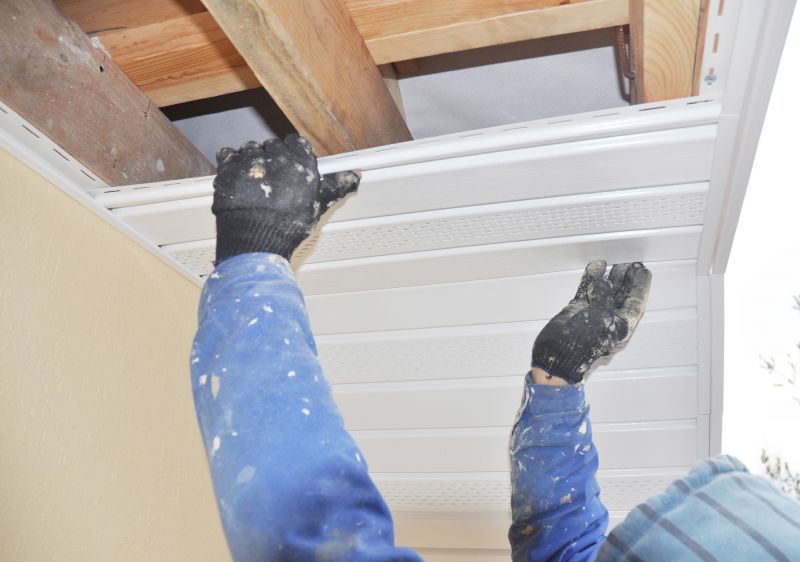
A detailed view of fascia repair process.

Patient preparing for fascia repair surgery.

Recovery phase after fascia repair.
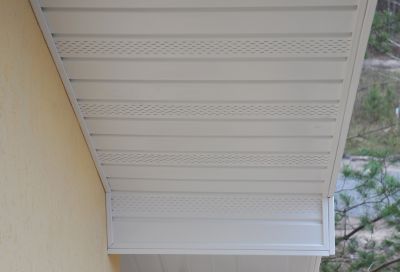
Ways to make Fascia Repair Service work in tight or awkward layouts.
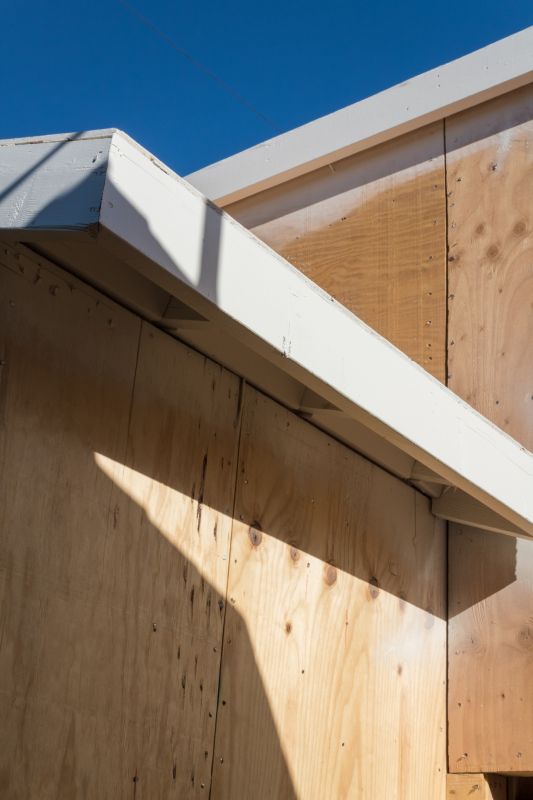
Popular materials for Fascia Repair Service and why they hold up over time.

Simple add-ons that improve Fascia Repair Service without blowing the budget.
| Aspect | Details |
|---|---|
| Timing after injury | Early intervention within days to weeks is preferred. |
| Seasonal factors | Milder weather can support recovery efforts. |
| Inflammation status | Waiting until swelling subsides improves outcomes. |
| Patient readiness | Ensure physical and mental preparedness. |
| Repeated injuries | Schedule based on recovery progress. |
| Pre-op preparation | Adherence to instructions enhances healing. |
| Post-op recovery | Allows for optimal tissue repair. |
Fascia repair services address damage to connective tissue that supports muscles and organs. Fascia injuries can result from trauma, overuse, or surgical procedures. Proper timing is crucial to ensure effective healing and prevent chronic issues. Advances in minimally invasive techniques have improved outcomes, making early intervention a key factor in successful fascia repair.
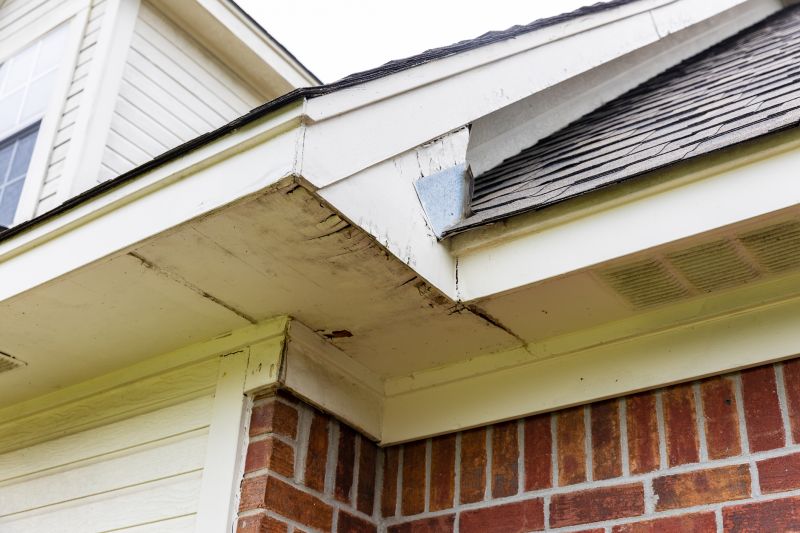
Modern minimally invasive fascia repair methods.
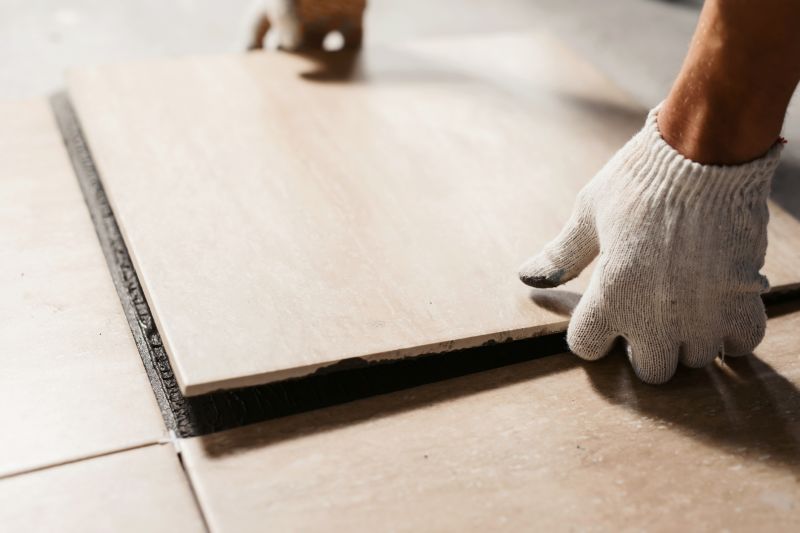
Progression of tissue healing post-repair.
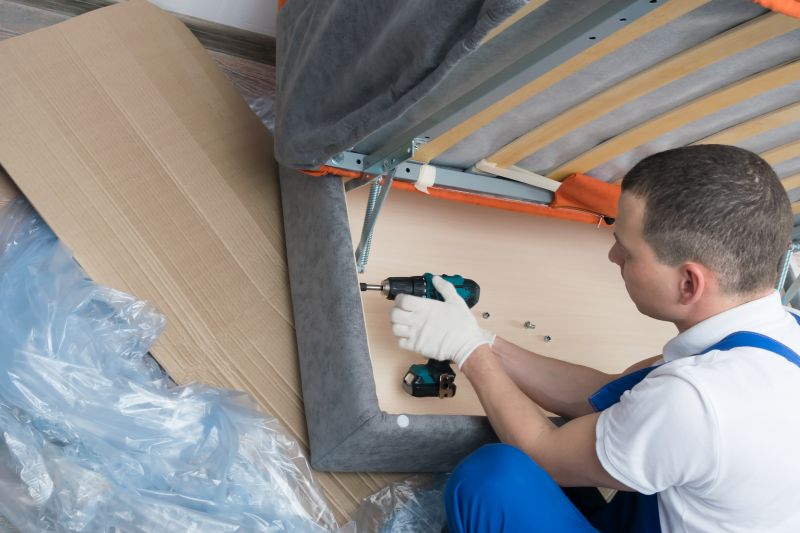
Rehab strategies following fascia repair.
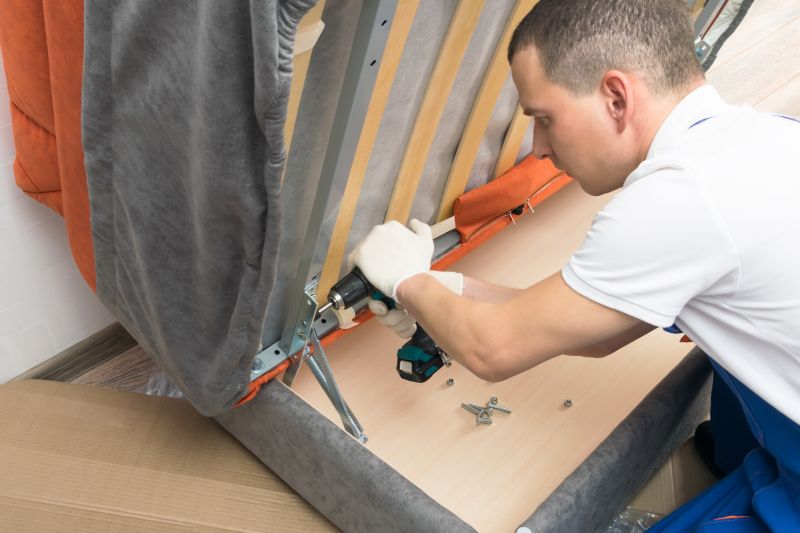
Typical duration for fascia repair recovery.
If considering fascia repair, it is advisable to consult with a specialist promptly. Early assessment and scheduling can optimize healing outcomes and restore mobility effectively. Filling out the contact form can facilitate scheduling and further discussion regarding individual needs.



